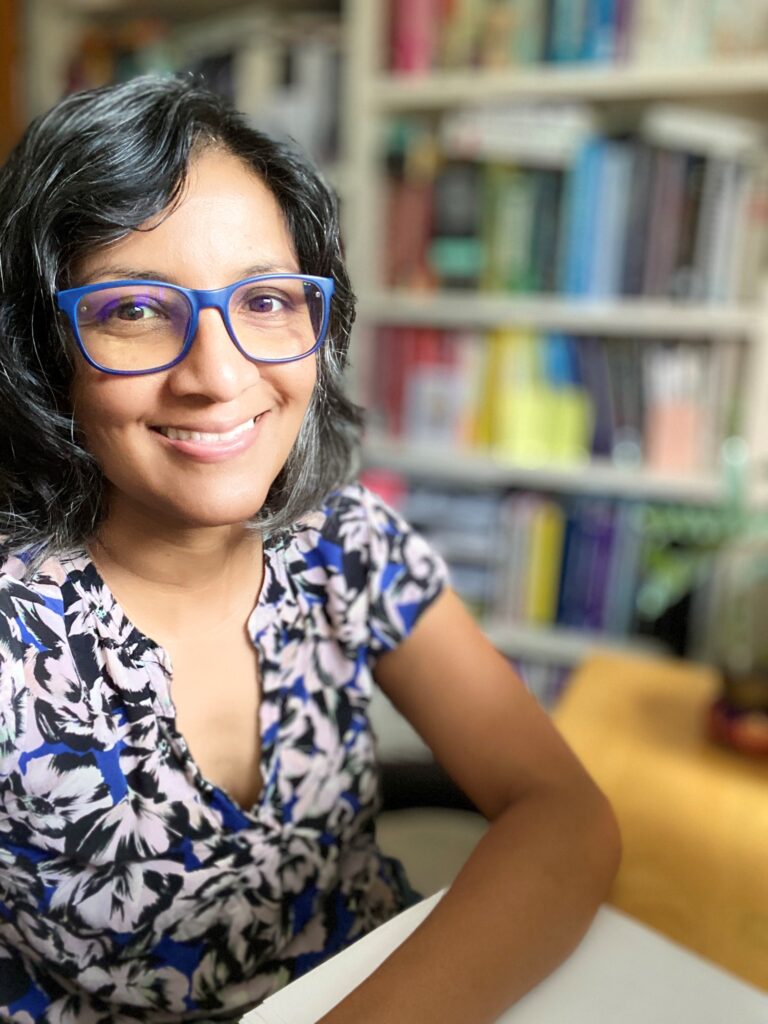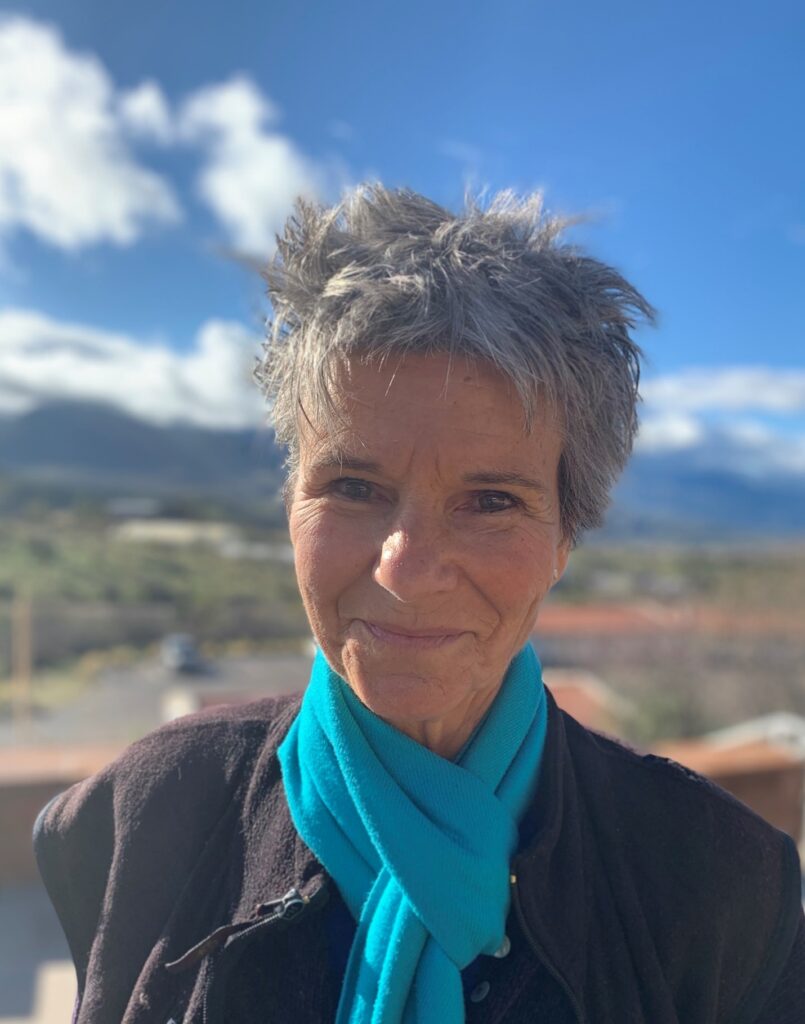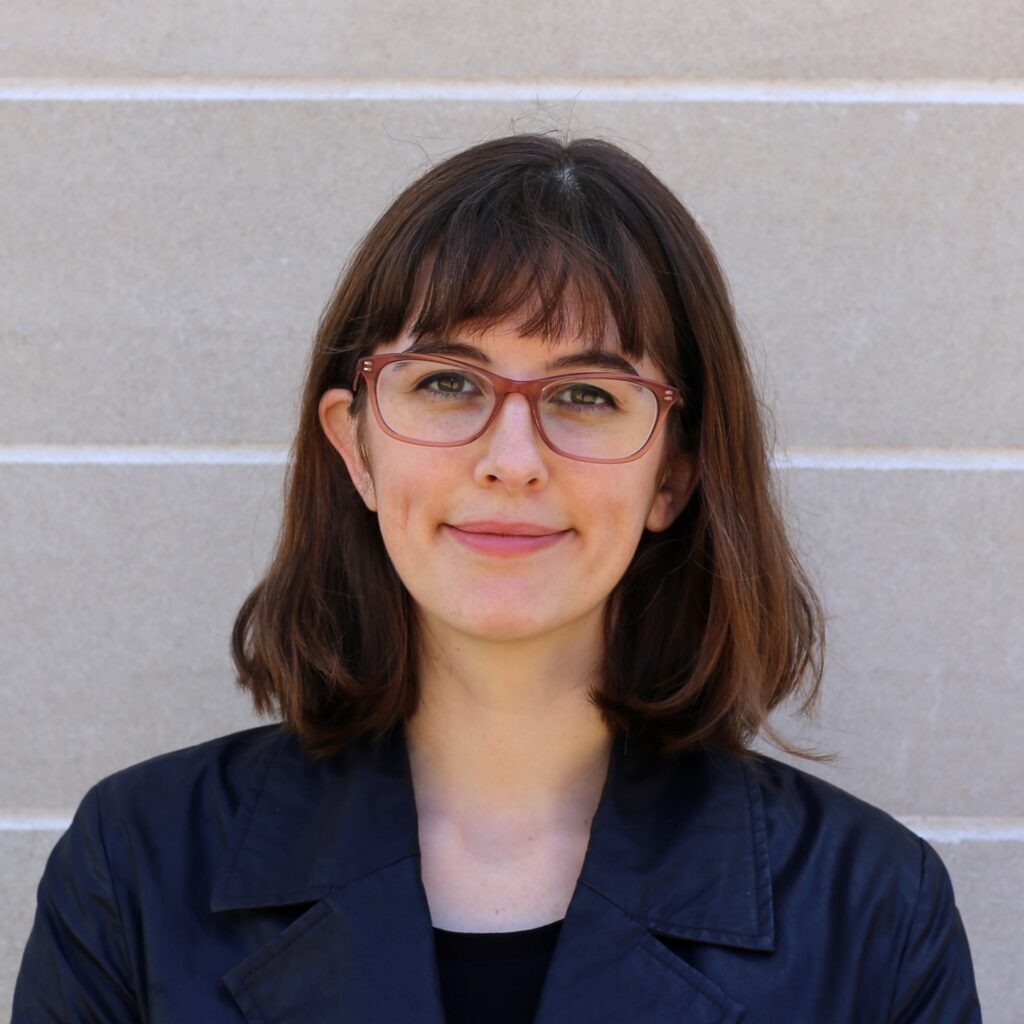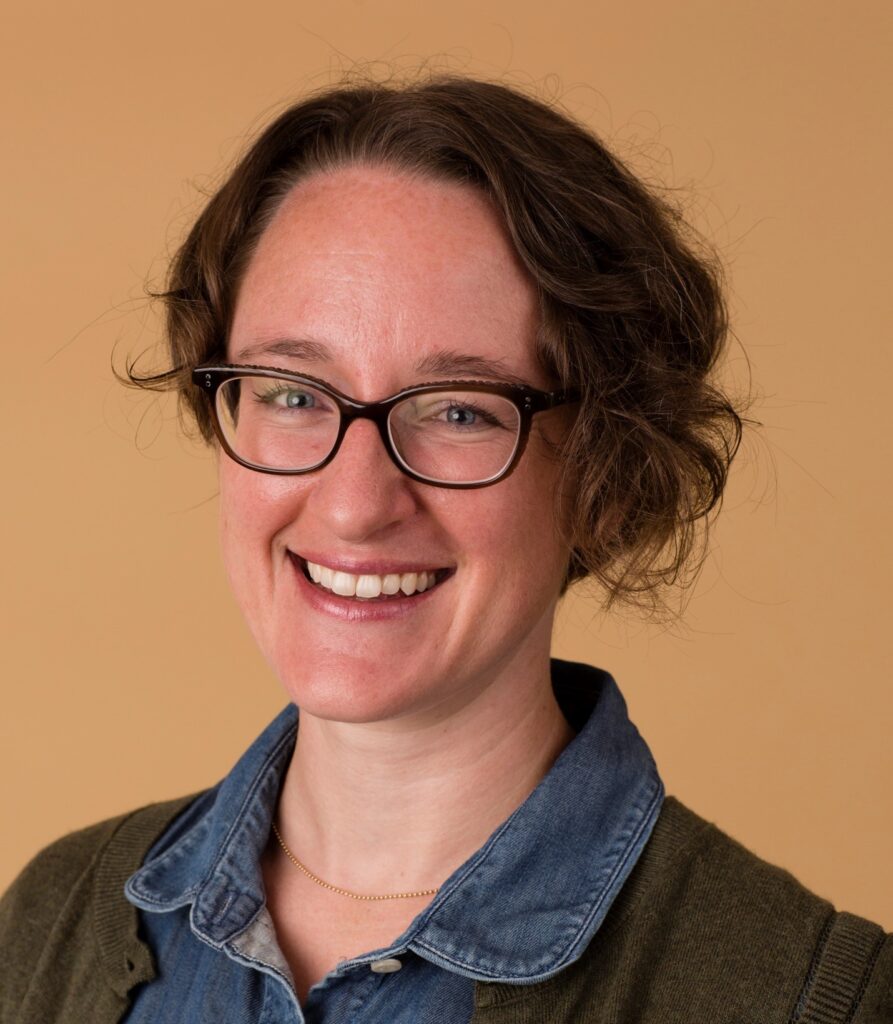Workshop 1: Rest for (the) Movement, for the Rest of Our Lives
Description: Feminist ways of knowing the world include considering the importance of our first ecosystem – the human body. In this experiential workshop, we explore what it means to engage in changework “from the inside out” in support of sustaining all life on our planet. Seen through the lens of overachievement cultures, this can sound like a lot of work. But what if being the change we wish to see in the world didn’t have to be so exhausting? We take seriously yet playfully sensory ways of knowing, including movement and stillness, as feminist intervention. Furthermore, we consider the liberatory possibilities of centering s p a c i o u s n e s s and REST in our movement building: for healing our individual and collective nervous systems, visioning a world we want, and gathering the courage to act and support each other to create next-right pleasurable, imperfect actions. Come ready to close your eyes, open to visioning other worlds, and curious to learn. Workshop leader: Benita Jackson

Benita Jackson, PhD MPH, is founder of Resting to Rise – a project supporting exhausted, heart-centered leaders becoming revitalized as key to social transformation. This rest coaching work of individuals and organizations is an outgrowth of her academic scholarship and teaching at Smith College, where Jackson has been on faculty for more than two decades. She is Professor of Psychology; Director of the Society, Psychology, and Health Laboratory; and Faculty Wellness Fellow. Jackson is also affiliated with the Five College Culture, Health, and Science Program. Learn more about Dr. Jackson.
Workshop 2: Think Like an EcoSystem: Co-creating interdisciplinary projects to move people (and yourself) from points of wonder to climate action
Description: How to shift from the overwhelm of climate change and (in)justice to hope, agency, and action?
Since prehistoric times, the arts have inspired engagement, reflection, and discussion thanks to their affective power to attract, involve, and motivate people to do things they might not otherwise have the interest, energy, courage, or endurance to do. As catalysts for personal transformation and social change, the arts can collaborate in equally honored roles with science, social justice, and other fields, in new ways to move people – emotionally and physically – to act.
This session will offer examples of arts/science/social justice/sustainability projects from around the world and explore different strategies to apply to your own life and work. Please bring a “point of wonder” with you – an issue, a problem, an injustice – you care deeply or are curious about to consider, and a laptop if you have one. Workshop leader: Marda Kirn

Marda Kirn is the founding director of EcoArts Connections (EAC), which brings the arts together with science, social justice, Indigenous, and other ways of knowing to inspire people to live more sustainably – environmentally, economically, socially/culturally, and personally – and to find new roles for the arts in the face of global change. EAC commissions, produces, and presents collaborative activities including performances, exhibits, talks, convenings, youth programs and other activities held in both traditional and non-traditional venues.
Workshop 3: Collectively Imagining Transformed Futures
Description: Climate Justice requires a transformative shift in how we relate to the planet and to each other. How will we get there? In this workshop, we will share an example of how the Making Radical Futures Lab at Smith College has used a community-engaged, creative approach to support prefigurative projects– grassroots efforts that seek radical transformation (for example, a world without racial capitalism) by enacting systemic shifts on a small scale, or as the International Workers of the World say, “forming the structure of the new society within the shell of the old”. We will share an exercise that the Lab uses to support participatory visioning, discuss some of the challenges we face in our context, and then make time for workshop participants to reflect and discuss how you could apply these ideas in your own work. Workshop leaders: Alix Gerber and Megan Lyster

Alix Gerber is a Post-Graduate Fellow in Interdisciplinary Design at Smith College who organizes the Making Radical Futures Lab, which is currently co-creating an illustrated map of the Connecticut River Valley in a future 100 years beyond the fall of capitalism.

Megan Lyster is the Assistant Director of the Wurtele Center for Leadership and the Co-Director of the Collaborative Innovation Concentration at Smith College. In both roles, she supports students in developing an agile skill set for working with others to navigate complex challenges and move from critique to action.
Workshop 4: Inspiring & Activating Audiences through “Ecodrama”
Description: Join this workshop to witness a theatrical excerpt, a call to action through innovative performance, and then participate in an engaged discussion with the ensemble and Washington D.C.-based foreign policy/climate change speaker, activist, and writer John Feffer.
The workshop will include several performed sections from Serious Play Theatre Ensemble’s multi-media production, MOVING WATER 2024, in connection with an environmental activism project, VALLEY TO VALLEY, presently in development between the Connecticut River Valley of Western Massachusetts & the Intag Valley, Ecuador. This is a new project of Climate Action Now.
MOVING WATER 2024 is a devised physical theatre piece researched and developed by Serious Play in collaboration with writer Eric H. Sanders, composer Jonny Rodgers, the acting ensemble and directed by Smith alumna, Sheryl Stoodley, about climate change, rising sea levels & how water fragility shapes our human interactions. The term “Ecodrama,” coined in 2007 by Theresa May, implies how environment and climate change are interrogated and promoted through performance. While connections to storytelling and nature go back to the earliest forms of recorded theatre, only recently scholars have begun to probe the ways theatre can be used to address climate change and connect audiences back to the natural world.

Moving waters 2024
